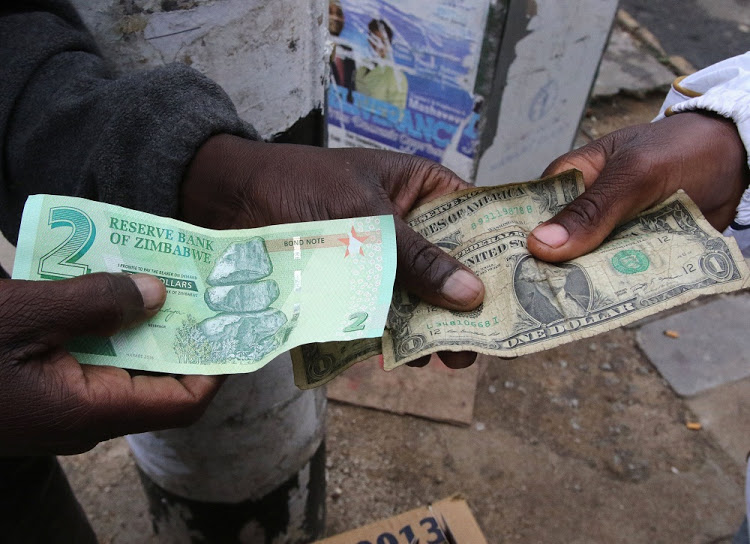By Rungano Dzikira
The Reserve Bank of Zimbabwe (RBZ) has introduced a managed floating exchange rate system, a move meant to arrest the run-away parallel foreign exchange market which has since been determining the exchange rate, likewise curbing the rate of inflation.
Addressing journalists in the capital, the Minister of Finance and Economic Development, Professor Mthuli Ncube said that there was need for government to set up efforts to have a grip on micro and macro- economic activities in order to retain sanity to the economy.
“Zimbabwe has had no transparent and effective foreign exchange trading platform for a long time. Consequently, official rates have not been effectively determined, while a thriving parallel market has developed.
“To correct this anomaly, an electronic forex trading platform based on the Reuters system is being immediately put in place. This platform will allow foreign exchange to be traded freely amongst the banks and permit a true market exchange rate to be determined,” he said.
Under this new system, commercial banks will be operationalised based on the Reuters system which will generate a daily exchange rate in an a.m. and p.m. fix.
Likewise, the Bureaux de Change, is to be liberalised immediately as per RBZ rules; there will be no limit on bureaux ability to finance importers and they can trade foreign exchange at +/- 5% of daily fix, and have a minimum float of USD 20,000.
In order to support the success of this new foreign exchange management system, and facilitate the de-dollarization road map, the Ministry of Finance said that it would maintain cash budgeting framework to minimise fiscal deficit.
“The RBZ will also terminate the gold incentive facility once the Reuters system becomes fully functional and introduce minimum interest rates on all deposits, including trust accounts underpinning mobile banking wallets, to incentivize savings and encourage holding of the domestic currency,” added Ncube.
These moves will allow the central bank to mop up excess liquidity being held by corporates and other large holders of ZWL in the banking system.
In addition to these measures, Government has also set up a Currency Stabilisation Task Force which will be spear-headed by the Ministry of Finance and Economic Development and the RBZ, as efforts to stabilise the exchange rate and lower inflation intensity.




